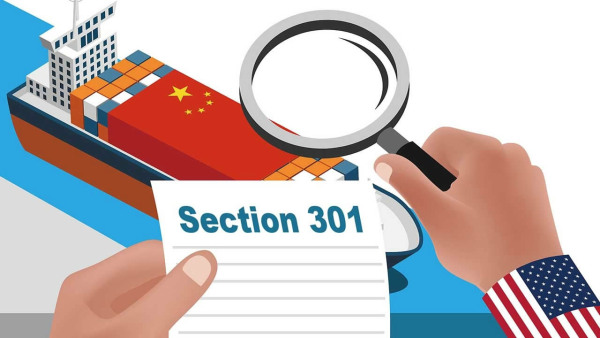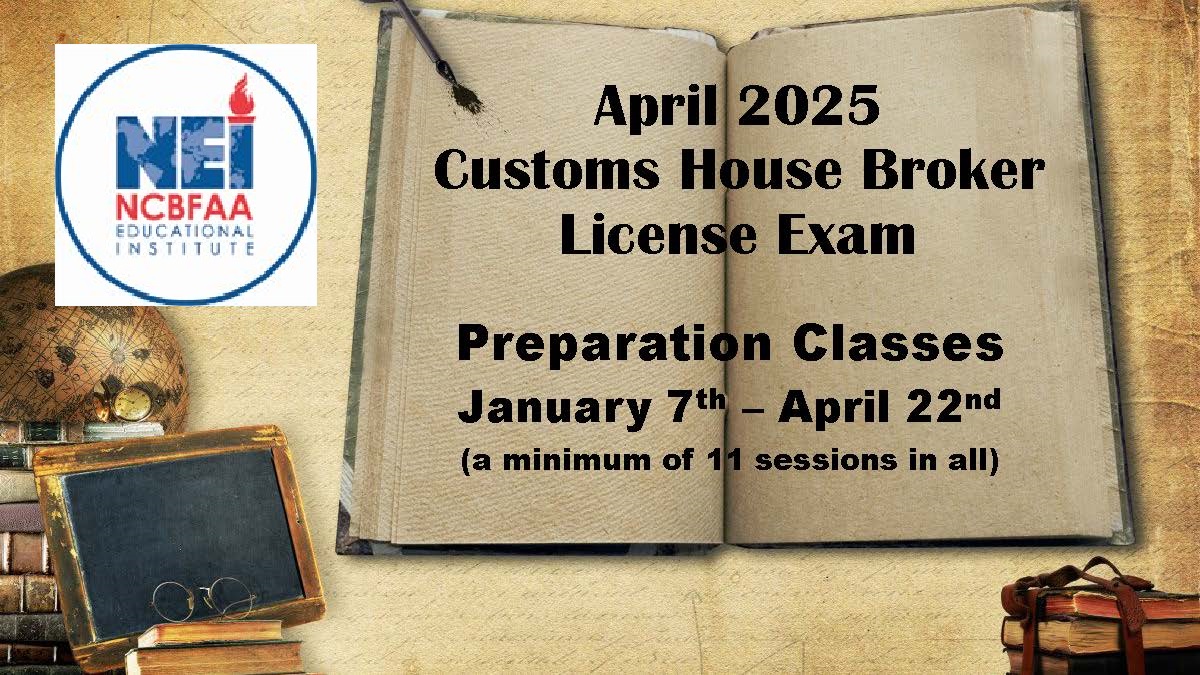The U.S. Court of International Trade (“CIT”) on November 16, 2021 invalidated the government’s imposition of Section 201 safeguard tariffs on “bifacial” solar modules, as well as the increase in 201 tariffs from 15% to 18% on monofacial solar modules. Solar Energy Indus. Ass’n v. United States, Slip Op. 21-154 (CIT Nov. 16, 2021) (“SEIA”): SEIA decision. On December 7, 2021 the CIT enjoined the government from liquidating any entries subject to these tariffs while the government contemplates appeal.
In January 2018 President Trump imposed Section 201 safeguard tariffs on solar products, and in June 2018 the President authorized exclusions from the tariffs on various products including bifacial modules. However, the U.S. Trade Representative (“USTR”) in October 2019 withdrew the exclusion on bifacial modules. This withdrawal was challenged and resulted in the CIT issuing a preliminary injunction in December 2019 against the collection of 201 tariffs on bifacial modules.
In an effort to cure its procedural defects, the USTR in April 2020 again attempted to withdraw the bifacial exclusion – this time through a notice and comment period. The CIT again blocked the attempted withdrawal. Consequently, on October 10, 2020, the President issued Proclamation 10101 that: (1) assessed Section 201 tariffs on bifacial solar modules; and (2) increased the Section 201 tariff rate from 15% to 18% on all solar modules for the period February 7, 2021 to February 6, 2022. The CIT did not block Proclamation 10101, and as a result, U.S. Customs and Border Protection (“CBP”) began collecting Section 201 tariffs on bifacial solar modules entered on or after October 25, 2020, and increased tariffs of 18% on other solar products entered from February 7, 2021.
A new case was filed in late 2020 to overturn Proclamation 10101. The CIT issued a decision on November 16, 2021, invalidating Proclamation 10101 as exceeding the President’s authority under Section 201. The CIT’s order prohibits CBP from collecting Section 201 tariffs on bifacial solar modules, and also prohibits CBP from assessing 201 tariffs on other solar products at a rate of 18%, rather than 15% ad valorem. The CIT also ordered the government to refund any excess tariffs paid by the plaintiffs. The government has until January 16, 2022 to file an appeal. It is important to note that the CIT’s refund order only applies to the plaintiffs in that lawsuit, and does not extend to other importers that paid the increased 201 tariffs. Other importers may need to file their own lawsuits to preserve their potential rights to refunds.
The CIT decision is effective immediately, and consequently current imports of bifacial modules can enter duty free under the exclusion, and imports of monofacial modules are subject to a lower 15% tariff rate. Note, however, that on December 7, 2021, and at the government’s request, the CIT issued an injunction suspending liquidation of all unliquidated entries of solar modules covered by Proclamation 10101. The suspension of liquidation will impact importers in two ways. First, for entries made prior to November 17, 2021 with payment of the disputed tariffs, CBP will not be able to liquidate subject entries and issue refunds while an appeal is pending. Second, for solar modules imported on or after November 17, 2021 without payment of 201 tariffs on bifacial modules, or at the lower 15% tariff rate for monofacial modules, the suspension will allow CBP to later liquidate these entries with an assessment of the tariffs on bifacial solar modules, and/or the higher 18% rate on monofacial modules, should the government successfully appeal the CIT decisions. Importers should therefore be aware that while companies can now import solar modules without payment of the disputed tariffs, there is a potential for retroactive assessment of these 201 tariffs if the CIT decisions are reversed on appeal.
Companies that have paid Section 201 tariffs on bifacial solar modules, or have been issued bills on such products, should evaluate the best course of action to preserve rights to potential refunds, and avoid possible CBP sanctions for non-payment of bills. Although the CIT has suspended liquidation of entries as of December 7, 2021, it is probable that many entries of bifacial solar modules liquidated prior to that date. Protests and/or a lawsuit will be necessary to preserve potential refunds on these liquidated entries. In addition, companies that imported monofacial solar modules on or after February 7, 2021, may be eligible for a refund of 201 duties equivalent to 3% of the entered value of the goods. Liquidation status of these entries should be monitored.
Should you have questions regarding the above, or other questions regarding the Section 201 tariffs, please feel free to contact Erik Smithweiss, Jordan Kahn or any other attorney in the firm.




